
Updates and articles about Colorectal Disease

 Dr. Crean Featured On News 4 Jax
Dr. Crean Featured On News 4 Jax
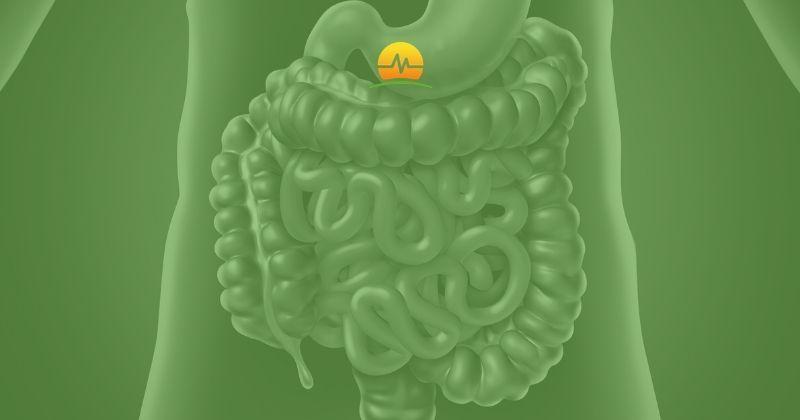 Humira for Crohn’s Disease
Humira for Crohn’s Disease
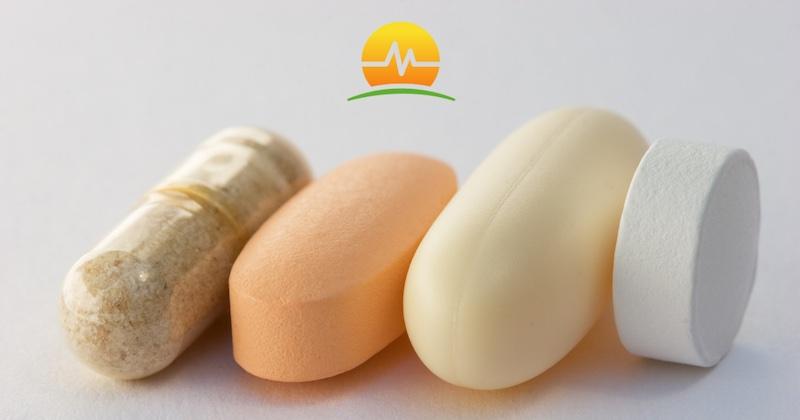 Is Supplementing With Fiber a Good Idea?
Is Supplementing With Fiber a Good Idea?
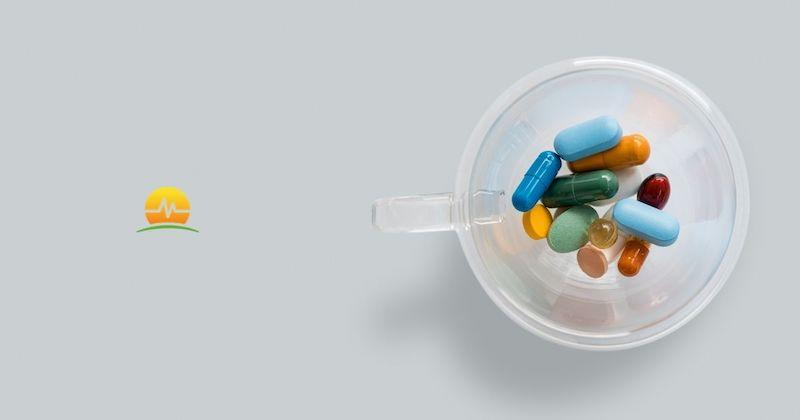 Probiotics and Their Effects, if any, On Intestinal Health
Probiotics and Their Effects, if any, On Intestinal Health
 Should I Get Genetic Testing for Colon Cancer?
Should I Get Genetic Testing for Colon Cancer?
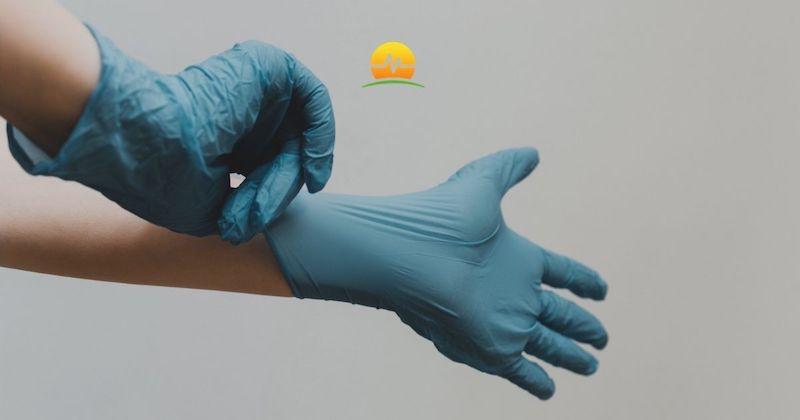 Recurring Polyps of the Colon – Genetic or Environmental?
Recurring Polyps of the Colon – Genetic or Environmental?
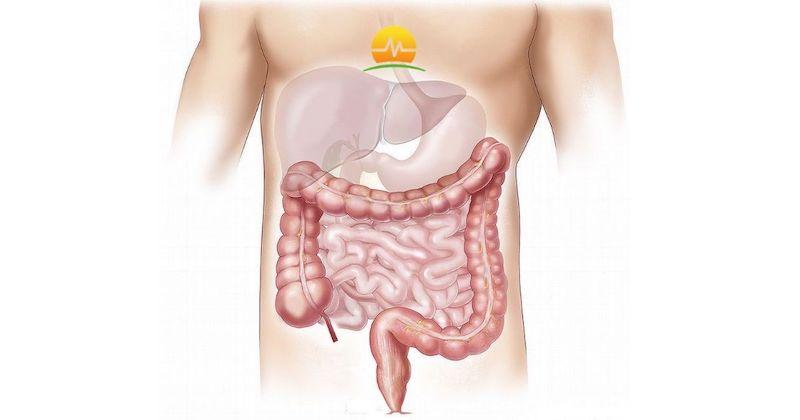 Five Tips to Improving your Colon Health and Reducing the Risk of Colon Cancer
Five Tips to Improving your Colon Health and Reducing the Risk of Colon Cancer
 When You Can Ignore Blood in Your Stool
When You Can Ignore Blood in Your Stool
After Weight Loss Surgery
Bariatric Procedures
Bariatric Surgery
BMI
Colonoscopy
Colorectal Disease
COVID-19
Diabetes
Diet
Diverticulosis
Exercise
Expectations
Gallbladder Surgery
Gastric Bypass
Gastric Sleeve
General Surgery
GERD
Getting Started
Hemorrhoids
Hernia Surgery
Hydration
In The News
Joints
Obesity
Osteoarthritis
PPIs
Premier Protein Recipes
Robotic Surgery
Sleep
Social Media
Support
Wegovy/Zepbound
Weight Loss
Weight Loss 101


